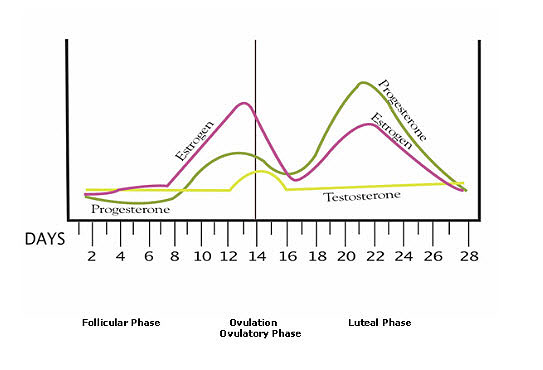The same brain network that adults use when they hear angry vocalizations is at work in infants as young as six months old, an effect that is strongest in infants whose mothers spend the most time controlling their behavior, according to a new study in the open-access journal PLOS ONE by Chen Zhao of the University of Manchester, UK, and colleagues. The study indicates that the network recruited in adult vocal emotion processing is up and running quite early in life, and that its sensitivity to anger is partly a result of…
Read MoreCategory: Brain
Why environmental cues make drug addiction extra hard to beat
It’s known environmental cues can be strong triggers for those trying to kick a drug habit because those cues activate the brain’s emotional and stimulus-response systems. A new study by University of Guelph researchers reveals for the first time that there’s more going on in the brain when someone walks past a customary lighting-up spot or sees drug-taking paraphernalia that makes quitting the habit even harder. Besides triggering the brain’s emotional and stimulus-response systems (“see smoking area, smoke, feel good”), environmental cues activate brain areas where memories are processed. Prompting…
Read MoreBrain response to mom’s voice differs in kids with autism
For most children, the sound of their mother’s voice triggers brain activity patterns distinct from those triggered by an unfamiliar voice. But the unique brain response to mom’s voice is greatly diminished in children with autism, according to a new study from the Stanford University School of Medicine. The diminished response was seen on fMRI brain scans in face-processing regions and learning and memory centers, as well as in brain networks that process rewards and prioritize different stimuli as important. The findings will be published Feb. 26 in eLife. “Kids with…
Read MoreWomen’s hormones play role in drug addiction, higher relapse rates
Women’s hormonal cycles may not only make them more prone to drug addiction but also more affected by triggers that lead to relapse, a new Vanderbilt University study revealed. The findings are especially significant since there are virtually no addiction studies in women that account for these cycles. Erin Calipari, an assistant professor of pharmacology in the Vanderbilt Center for Addiction Research, points out that women represent a particularly vulnerable population, with higher rates of addiction following exposure to drugs, but addiction studies have primarily focused on the mechanisms underlying…
Read MoreExtinguishing fear memories relies on an unusual change to DNA
Researchers at The University of Queensland have discovered a DNA modification that enhances our ability to extinguish fear. The findings, published in the journal Nature Neuroscience, could help guide the development of new treatments for fear-related anxiety disorders. Professor Timothy Bredy of UQ’s Queensland Brain Institute (QBI) said while fear is an important survival mechanism which uses cues in the environment to prompt certain responses, so too is the ability to inhibit fear when it’s no longer needed. “You still want to have that memory of ‘there’s something dangerous there, I…
Read More


